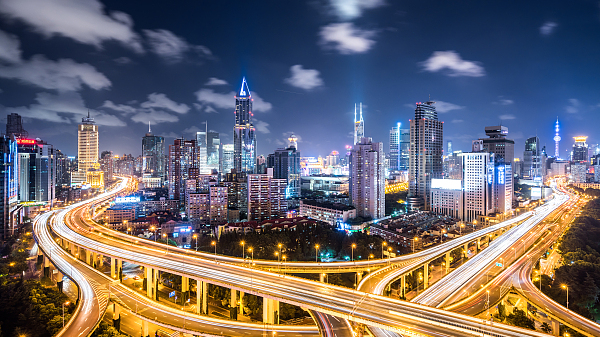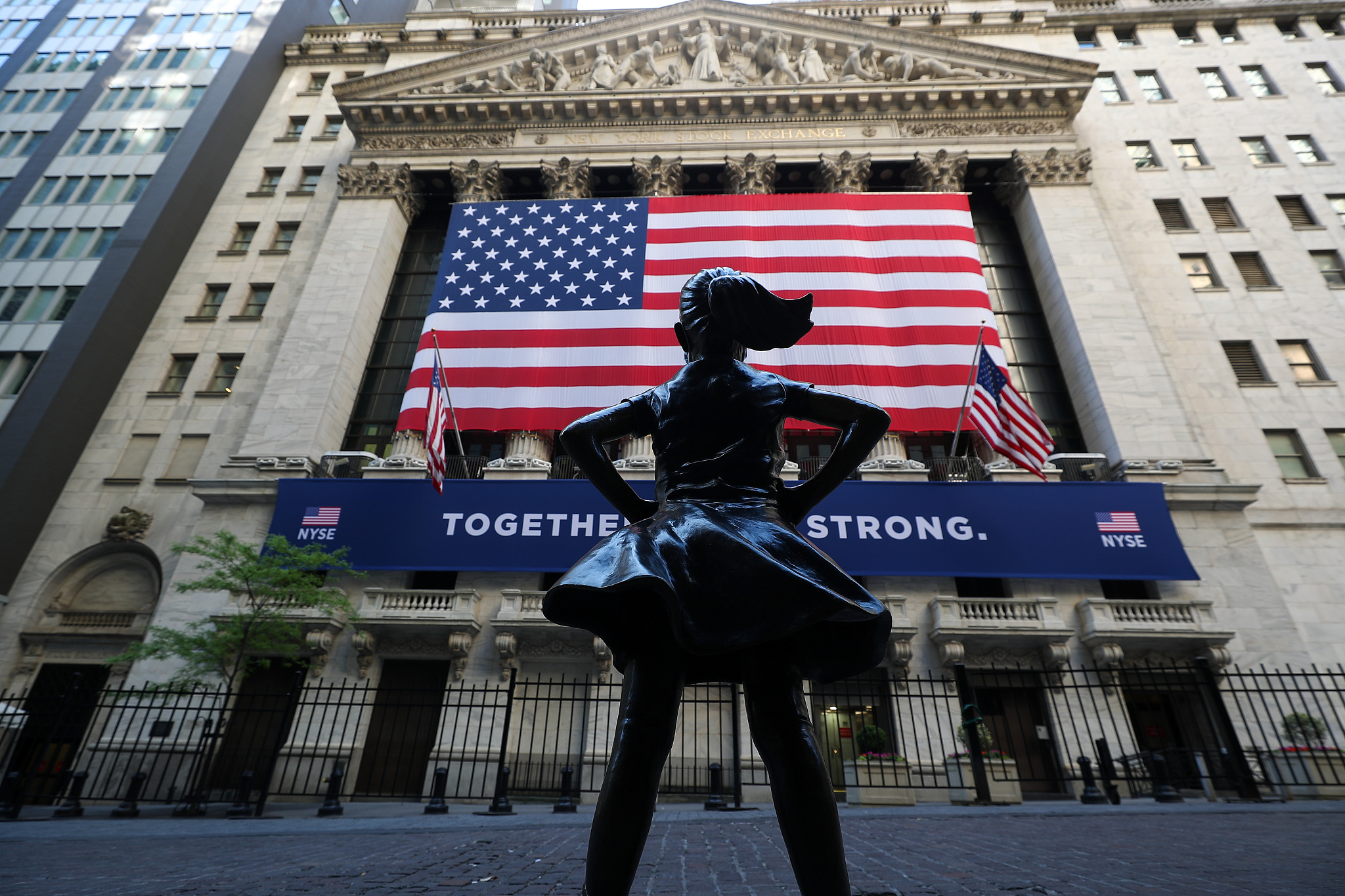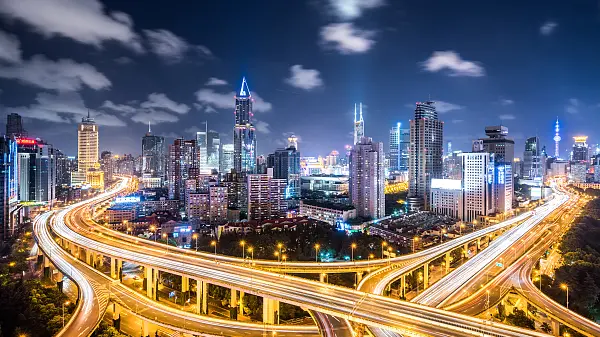
**Editor's note: **Zheng Yongnian is dean of the Advanced Institute of Global and Contemporary China Studies at the Chinese University of Hong Kong, Shenzhen. This is Part I of an edited translation of Zheng'skeynote speech at Wuxi Economic Development Zone Industry Matchmaking Meeting in Shenzhen. The article reflects the author's opinions and not necessarily the views of CGTN.
Today, we are facing major changes that have not been seen in a century. What does this mean for our country, our businesses, and our efforts to pursue tech innovation? What pushes the world into an era of unprecedented change?
Simply put, there are two factors. The first is the U.S.' decline; the second is China's rapid rise. But I want to emphasize that the decline of the United States is relative. It is still very strong, and is only seen as being in decline because China is rising too fast.
The U.S.' strategic goal is clear: to interrupt China's modernization process once again.Ever since China was defeated by the West in the late Qing Dynasty, our modernization process has been interrupted every now and then, with China's first few attempts for modernization being thwarted by the Japanese.
The U.S. is well awarethat China is too powerful to contain. China has achieved remarkable development since its reform and opening-up four decades ago.
It'stoo late for the United States to seek containment. Then whatelsecan it do?
In the past two years, two issues have drawn our attention, the middle-income trap and the Thucydides trap. The U.S. believesthat if China fellinto the middle-income trap, it wouldnever be ableto challenge the United States, in which case, there will be no Thucydides trap.
Therefore, the U.S. intends to contain China througha Cold War on technology front as thefirst step and then expand to other spheres.
What should China do? Whether the U.S.' strategy towards China will achieve its desired goals depends largely on how China responds. I think China needs to think about how to respond to the U.S.rationally, rather than being dominated by emotions.
First, we need to be objective that the U.S.' declineis justrelative, not absolute. Itis still developing.
According to historical experience, the decline of a great power usually takes a long time, which will never happen overnight.
Chinese Minister of Industry and Information Technology Miao Wei once said that theU.S. still ranks top in manufacturing sector, and is followed by Japan and Europe. China staysbetween the third and fourth tiers.
In economics, the U.S.dollar has not been unseated from its hegemonic position. Militarily, the U.S. is still the most formidable force in the world.

New York Stock Exchange (NYSE) building is seen with the Fearless Girl Statue in Lower Manhattan, New York City, U.S., May 26, 2020. /VCG
The primary problem of the United States today is thesystem of governance.From the 1980s to 2008, the world economy experienced a wave of super-globalization, andthe U.S. was the biggest beneficiary.
But a large portion of the American people did not reap the benefit. Poor governance within the U.S. led to income and wealth gaps, and the U.S. has changed from a proud middle-class society to a billionaires' society, and the huge benefits gained from globalization have fallen into the pockets of a few people.
From the end of World War II to the 1980s, the American middle class which once accounted for 70percentof the populationhas shrunken to less than 50percent, seeing a 20 decline over the past 20 years.
The decline in the share of the American middle class has been particularly pronounced during the U.S. former President Obama's presidency.
In terms of social governance, the U.S. used to be a beacon of democracy and elitist rule, why has it degenerated to what it is now? It is because of social inequity which results from poor governance.
One of the prominentfeatures of Western development since modern times is the separation of politics from economics. The crisisin America today is profound, but probably not a match tothe Vietnam War and Martin Luther King's civil rights movement in the 1960s.
Secondly, in terms of technologicalinnovation, we should admitthat China is still a major power in the application of technology, but not intechinnovation.
Most of the contemporary innovativetechnologies come from the West, including the nuclear bomb, hydrogen bomb and satellites, which would have taken us much longer to develop without the return of outstanding intellectuals like Qian Xuesen.
For a long time in the future, we will still be in the stage of tech application. It will take a long time transferringfrom a tech user to a tech inventor.
Thirdly, there are two areas where the U.S.' decoupling policy may get its way. One is in so-called national security. The U.S. will require or even force the return of high-tech companies in the name of national security; another one is medical supply.
The return of medical companies has already begun, which is ofteninterpretedas "de-sinofication". But in my view, since medical supplies are vital to people's lives, they cannot all be produced overseas.
As forother areas, the relocation of production cannot be described as "decoupling" or "de-sinofication".
Before the U.S.-China trade war, some Western companies had already shiftedproduction from the Pearl River Delta and Yangtze River Delta to other countries considering thatChina's increased labor and land costs and its heightened environmental awareness, which is a normal economic behavior.
Therefore, we cannot be too nationalistic when interpretingthe changes in China-U.S. relations.
(If you want to contribute and have specific expertise, please contact us at [email protected].)
 简体中文
简体中文

